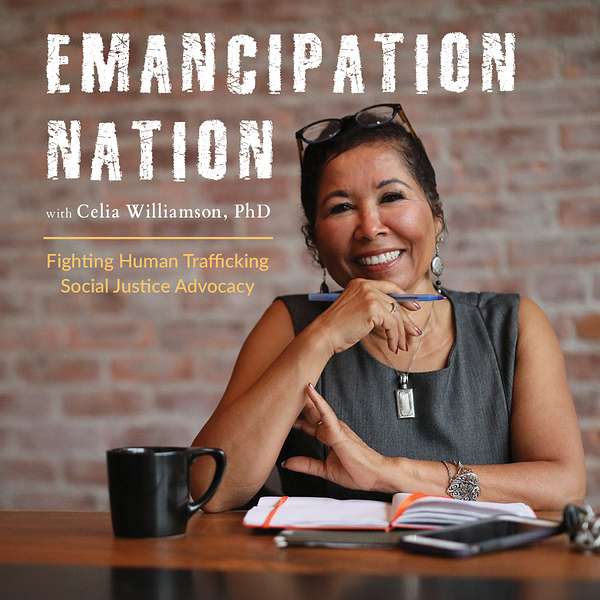
Emancipation Nation
Emancipation Nation
Episode 183: A Dark Journey to the Light: The Hidden Reality of Familial Trafficking Part I
Welcome to an episode that pierces through the hidden underbelly of society, shining a light on a gut-wrenching tale of survival. We welcome Jennifer, a beacon of resilience, whose personal story serves as a stark reminder of the often overlooked issue of familial trafficking. Raised in an environment laced with manipulation, grooming, and familial trafficking, Jennifer bravely recounts her experiences, from her childhood summers spent in the claws of her father to the stark existence at her mother's house. Her childhood was a meticulously planned grooming process, marked by exposure to a world of sex trafficking.
The heart-wrenching journey into Jennifer's past doesn’t stop there, as she unveils her horrifying teenage years being traded for drugs, alcohol, and favors from affluent men by her own father. Her trauma, however, didn't break her. Instead, it forged her into a survivor leader and an advocate for victims like herself. This is an episode that confronts the ugly truths of familial trafficking and celebrates the power of resilience – you won’t want to miss it This is Part I of a two part story.